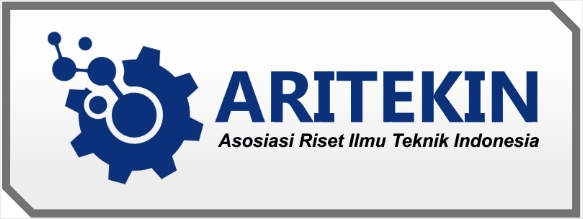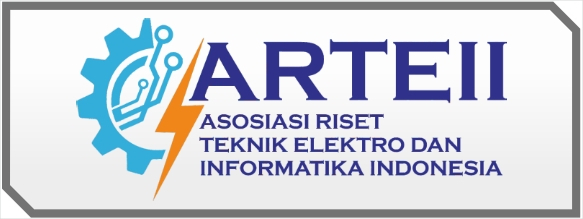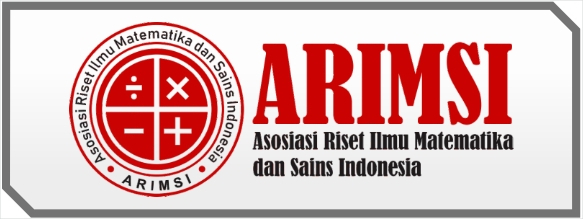Pendidikan Inklusi: Mengubah Masa Depan Bagi Semua Anak
DOI:
https://doi.org/10.55606/sscj-amik.v1i4.1575Keywords:
Education, Inclusion, ChildrenAbstract
Inclusive Education, Changing the Future for All Children Inclusive education is an approach in education that prioritizes the principles of equality and opportunity for all children, including those with special needs. This article discusses the concept of inclusive education, its goals, benefits, and challenges and opportunities in its implementation. Inclusive education involves the integration of children with special needs into regular educational settings, where they can learn together with their peers. It aims to create an inclusive environment, supporting the development and learning of children with special needs. This article describes the basic principles of inclusive education, including equal access, active participation, individual support, and collaboration. We also explain the benefits of inclusive education, such as increasing social skills, independence, and academic understanding for children with special needs, as well as benefits for children without special needs in developing empathy and understanding of diversity. However, the implementation of inclusive education is not easy.
This article identifies some of the challenges faced in inclusive education, such as a lack of resources, a curriculum that is not fully inclusive, and a lack of knowledge and skills for teachers in dealing with the special needs of children. In addition, social stigma and stereotypes are also obstacles in creating an inclusive environment. This article also discusses the efforts that have been made to overcome these challenges. In many countries, governments have adopted inclusion policies that promote access and support for children with special needs. Educational institutions also play a role in creating an inclusive environment, such as providing friendly facilities for all children and training teachers in an inclusive approach. In addition, this article emphasizes the important role of parents in supporting inclusive education. Parents should become advocates for their children, collaborate with teachers and school staff and be actively involved in educational activities. With the support and cooperation of all stakeholders, inclusive education can become a reality that changes the future for all children. In conclusion, inclusive education is an important approach in creating a more inclusive and equitable future for all children. Although there are still many challenges that need to be overcome, through the commitment and cooperation of all parties, we can create an educational environment that welcomes and supports all children. With inclusive education, we open the door to equal opportunities for all children, regardless of background or special needs they.
References
Baharun, H., & Awwaliyah, R. (2018). Pendidikan Inklusi Bagi Anak Berkebutuhan Khusus Dalam Perspektif Epistomologi Islam. Jurnal Program Studi PGMI, 5(1), 57–71.
Jauhari, A. (2017). Pendidikan Inklusi Sebagai Alternatif Solusi Mengatasi Permasalahan Sosial Anak Penyandang Disabilitas. IJTIMAIYA: Journal of Social Science Teaching, 1(1). https://doi.org/10.21043/ji.v1i1.3099
Kurniawan, A., & Badiah, L. I. (2022). Pengembangan Media Modul Digital Interaktif Pembelajaran Braille Berbasis Inklusi untuk Meningkatkan Hasil Belajar Mahasiswa. JPI (Jurnal Pendidikan Inklusi), 5(1), 006–012. https://doi.org/10.26740/inklusi.v5n1.p006-012
Lestari, A., Setiawan, F., & Agustin, E. (2022). Manajemen Pendidikan Inklusi di Sekolah Dasar. Arzusin, 2(6), 602–610. https://doi.org/10.58578/arzusin.v2i6.703
Saadati, B. A., & Sadli, M. (2019). Implementasi Pendidikan Inklusi Berbasis Pengembangan Diri Di Sekolah Alam Jogja Green School. El Midad, 11(2), 117–132. https://doi.org/10.20414/elmidad.v11i2.1898
Sania, S. (2019). Kebijakan Permendiknas Tentang Penyelenggaraan Pedidikan Inklusi. PRODU: Prokurasi Edukasi Jurnal Manajemen Pendidikan Islam, 1(1), 29–37. https://doi.org/10.15548/p-prokurasi.v1i1.3325






















